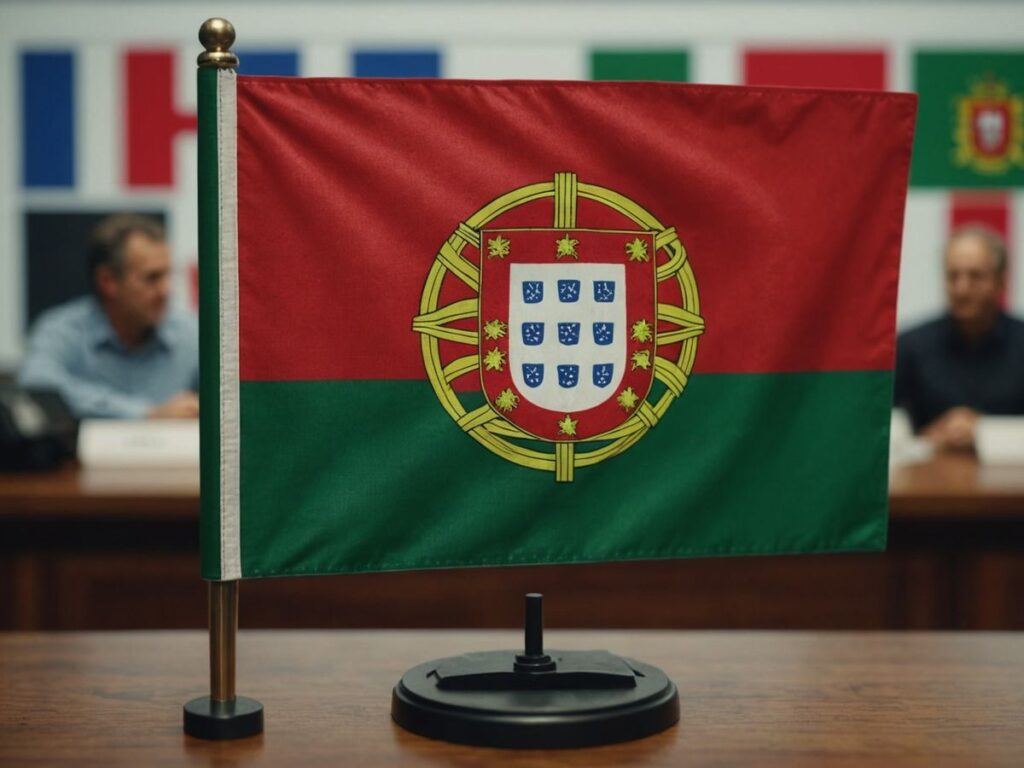Portugal’s center-right Democratic Alliance has narrowly won the recent election, but faces challenges in forming a majority government. The far-right Chega party also made significant gains, highlighting a shift in the political landscape.
What We Know So Far
- Center-right Democratic Alliance wins with 29% of the vote.
- Far-right Chega party secures 18% of the vote and 48 seats.
- Socialist Prime Minister António Costa stepped down amid corruption allegations.
- Portugal faces its most fragmented parliament in 50 years.
Election Results
The Democratic Alliance, led by Luís Montenegro, claimed victory with 29% of the vote, narrowly edging out the Socialist Party. Montenegro expressed confidence that the president would task his party with forming the next government. However, the margin of victory was slim, and the center-right will likely face difficulties in establishing a stable government.
Far-Right Surge
The far-right Chega party, led by André Ventura, secured 18% of the vote and 48 seats in the 230-seat parliament. This marks a significant rise for the party, which has only been in Portuguese politics for five years. Ventura’s campaign focused on issues like corruption and immigration, resonating with a substantial portion of the electorate.
Political Fragmentation
Portugal is now facing its most fragmented parliament since the end of its dictatorship 50 years ago. With no party securing a clear majority, the political landscape is marked by instability and uncertainty. Former center-right leader Luís Marques Mendes predicted that fresh elections might be necessary early next year.
Voter Turnout
Turnout for the election was the highest in years, at 66%, despite the last elections being held only two years ago. This high level of engagement reflects the electorate’s desire for change and dissatisfaction with the current political climate.
Challenges Ahead
The center-right Democratic Alliance will likely face months of minority government, struggling to secure support for next year’s budget. Socialist Finance Minister Fernando Medina warned of a political landscape characterized by “great fragility and instability.” Economic issues, such as low salaries and soaring rents, have fueled public dissatisfaction, particularly in regions like the Algarve.
Conclusion
The recent Portuguese election has resulted in a fragmented parliament, with significant gains for both the center-right and far-right. As the Democratic Alliance attempts to form a government, the country faces a period of political uncertainty and potential instability.
